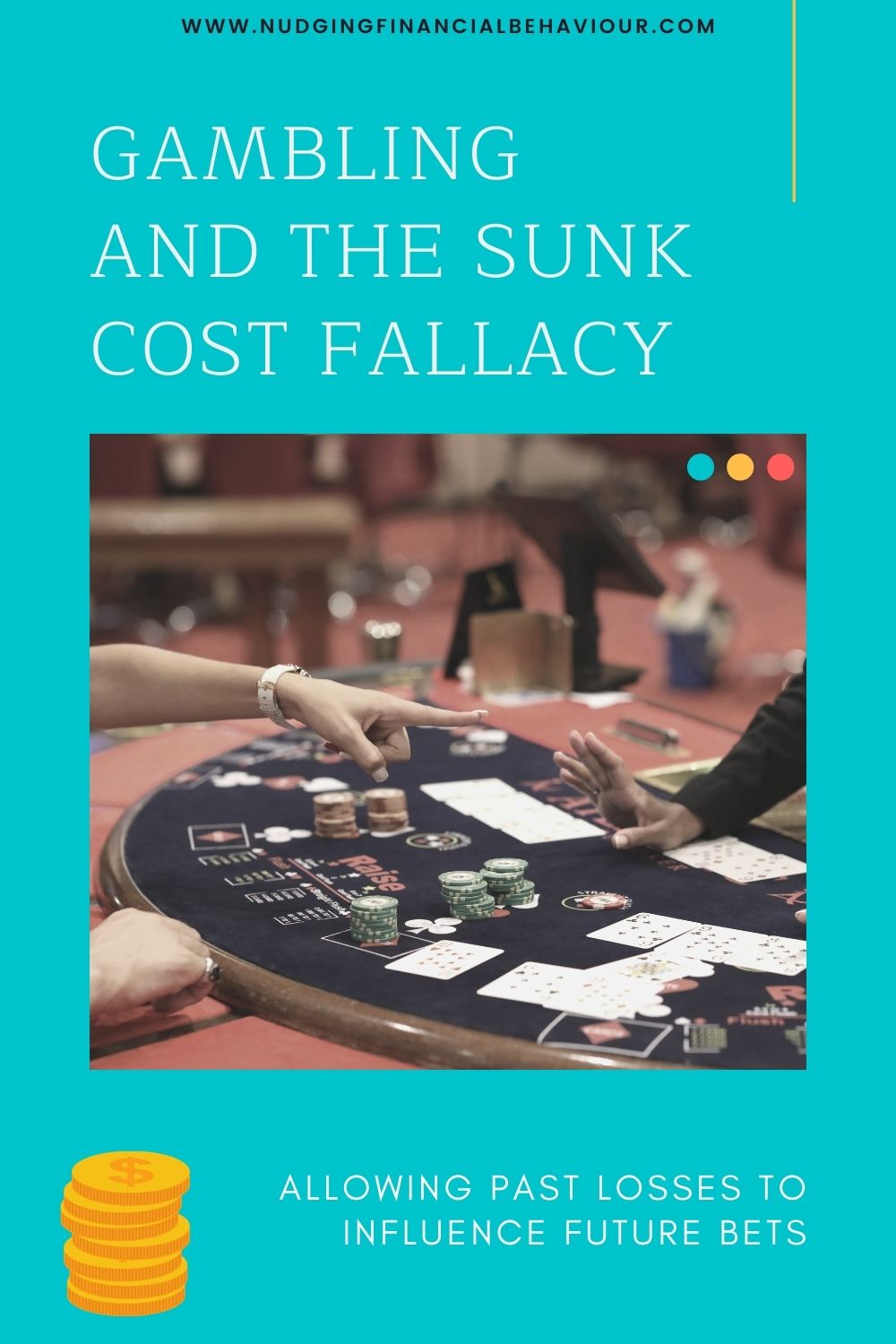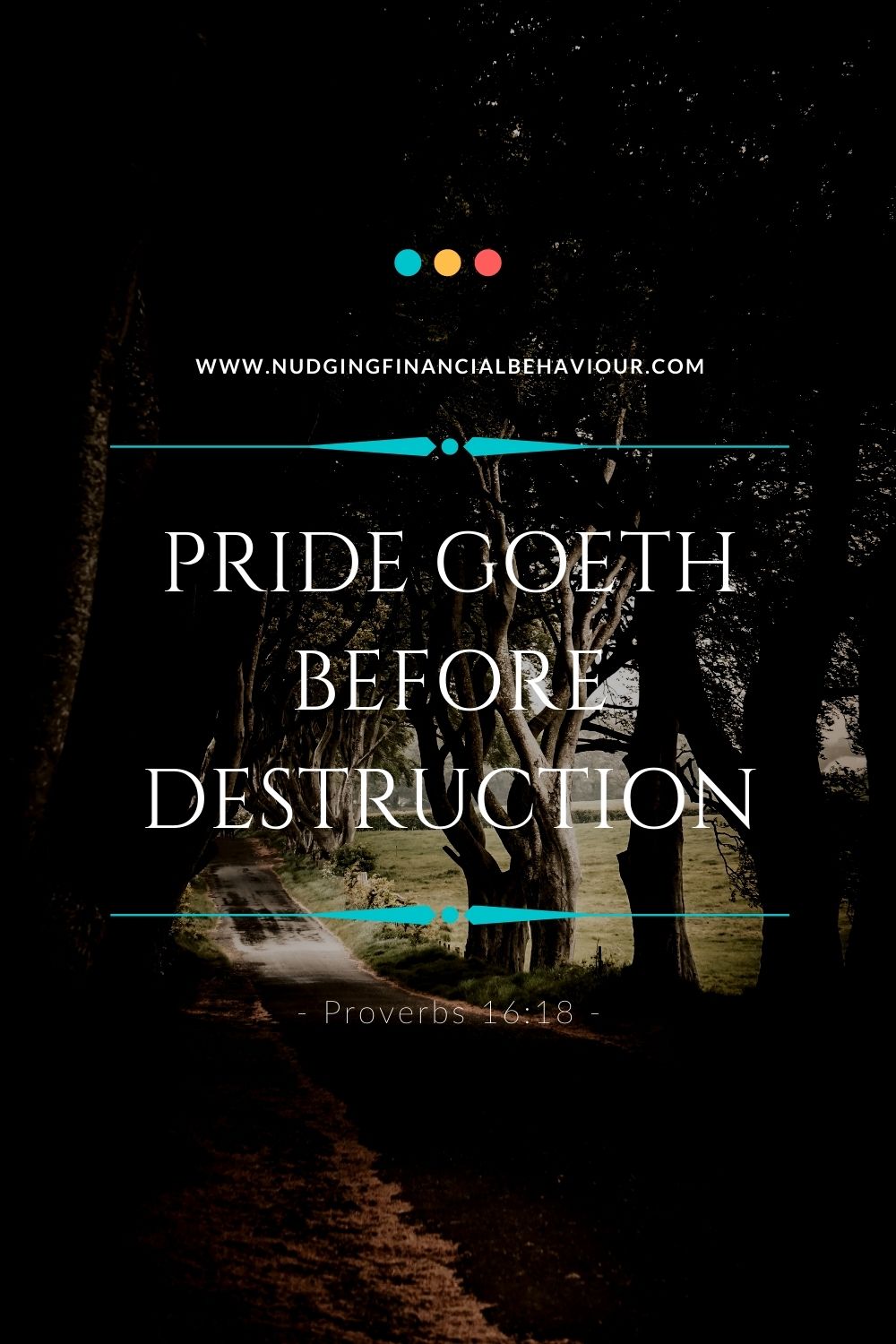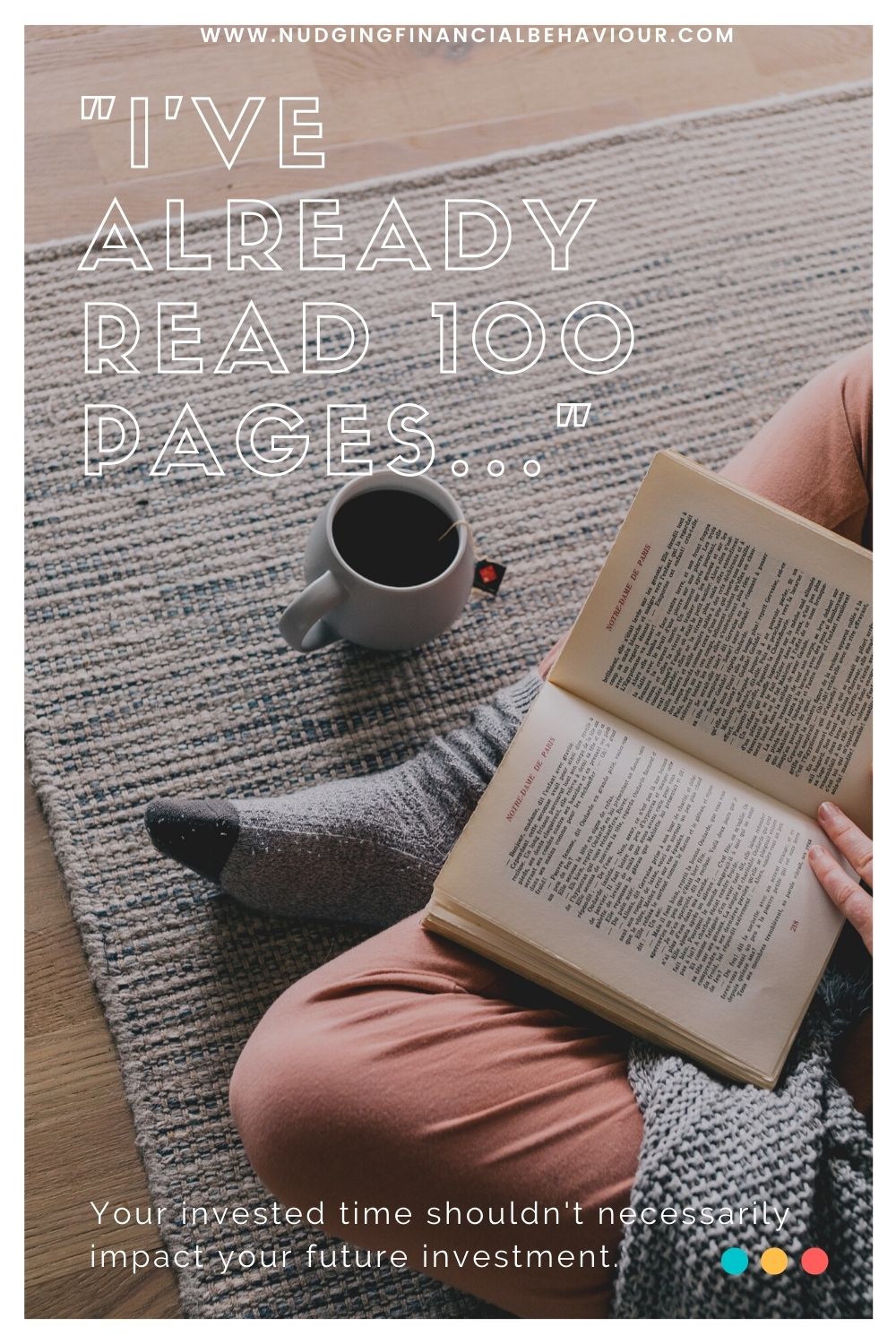Sunk costs are expensive. Not necessarily from a financial viewpoint, but when considering your time and energy (arguably, more valuable). This post looks at some examples of how sunk cost fallacy affects our human decision processes. And of course, it would be incomplete without mentioning the most famous example of all: the Concorde effect (yes, the aeroplane).

Think of someone who tries their hand at the roulette table. A couple of hours in, they’ve lost $1000, and won $0. If you look at the odds of winning from this moment on (which would require the use of System 2 thinking which the gambler is probably not going to use) they would find that the best thing to do is to totally disregard the $1000 already lost and get up and leave. The $1000 already lost has nothing to do with the odds of starting over from this moment. But, they’re probably going to be influenced by the $1000 already lost and keep playing and lose even more.
We all do it. You go to the movies. Twenty minutes in you realise it’s terrible. You should leave. But you don’t because you’ve already paid for the tickets.
You buy 10 boxes of chocolate (hopefully because of a special offer). You subsequently decide you actually want to eat healthy. Eating all the chocolate is not healthy. But, you feel like you can’t just get rid of them, because you paid money for them.
You spend money on a marketing campaign that isn’t working. Instead of ditching it, you let it continue. The example’s are endless. While sunk costs might make you think we’re talking about cost accounting, with fixed costs and relevant costs, we’re actually more focused on the people element, and making rational decisions.
Last one (just for effect): Consider the girlfriend who’s been cheated on by her boyfriend multiple times but says she’s going to stay with him because she’s already invested so much time into the relationship.
The sunk cost fallacy extends beyond just financial outflows, but the investment of time, energy or love. Share on XThink of someone who tries their hand at the roulette table. A couple of hours in, they’ve lost $1000, and won $0. If you look at the odds of winning from this moment on (which would require the use of System 2 thinking which the gambler is probably not going to use) they would find that the best thing to do is to totally disregard the $1000 already lost and get up and leave. The $1000 already lost has nothing to do with the odds of starting over from this moment. But, they’re probably going to be influenced by the $1000 already lost and keep playing and lose even more.
We all do it. You go to the movies. Twenty minutes in you realise it’s terrible. You should leave. But you don’t because you’ve already paid for the tickets.
You buy 10 boxes of chocolate (hopefully because of a special offer). You subsequently decide you actually want to eat healthy. Eating all the chocolate is not healthy. But, you feel like you can’t just get rid of them, because you paid money for them.
You spend money on a marketing campaign that isn’t working. Instead of ditching it, you let it continue. The example’s are endless. While sunk costs might make you think we’re talking about cost accounting, with fixed costs and relevant costs, we’re actually more focused on the people element, and making rational decisions.
Last one (just for effect): Consider the girlfriend who’s been cheated on by her boyfriend multiple times but says she’s going to stay with him because she’s already invested so much time into the relationship.
The sunk cost fallacy extends beyond just financial outflows, but the investment of time, energy or love. Share on XOne of the best examples of the sunk cost fallacy is Concorde. Even though both parties, the British and French governments, had known for a long time that the supersonic airline business was never going to work, they continued to invest gigantic sums of money into it. Instead of admitting defeat, they continued funding a government deficit project to save face.
If you’ve ever heard of the concorde fallacy or concorde effects, this is it – the sunk cost fallacy. The term was coined by evolutionary biologists as a metaphor for when lower animals or humans defend an investment, policy, business or nest – when that defence costs more than abandonment and an alternative. It leads to costly and often calamitous errors in judgement.
Shakespeare says it somewhat more poetically:
The better part of valor is discretion
When the financial viability of an enterprise is questionable going forward, any decision to continue should not be based on what has already been spent.
The more we invest in a person or project, the more difficult it is for us to let go of it. Share on XOur brains trick us into thinking that the more energy, time and money we put into something, the more valuable it is. In small businesses particularly, pride can be a problematic motivator.

When the financial viability of an enterprise is questionable going forward, any decision to continue should not be based on what has already been spent.
The more we invest in a person or project, the more difficult it is for us to let go of it. Share on XOur brains trick us into thinking that the more energy, time and money we put into something, the more valuable it is. In small businesses particularly, pride can be a problematic motivator.

Our fear of regret can make us behave irrationally. To avoid deviating too much from the crowd, we tend to act conservatively. But we need to try be more rational in our assessment of efficiency and profitability when making decisions, and not be influenced by the sunk cost effect that is more akin to loss aversion.
You might recall the disposition effect, where we sell shares that have made a profit, but hold onto shares that have made a loss. While this is loss aversion in play, there’s also an element of sunk cost fallacy because we often base our trading decisions on acquisition prices. This isn’t the best way to do it. What matters is the expected future performance of that stock compared to other alternative investments. Yet ironically, the more we feel we’ve lost on that share (based on it’s acquisition price), the more we hold onto it. (Extrapolate this into a corporate finance example.)
Our fear of regret (and the endowment effect) also prevents us from throwing away things we no longer need. The sunk cost fallacy is telling us that we paid money for the items and thus shouldn’t throw them away and admit it was a bad purchase decision. And then our avoidance of regret reminds us that we’ll experience remorse in the unlikely event that we might end up needing that item in the future.

If the above requires too much System 2 thinking then perhaps just make a note to be careful of any decisions you make to stay with something that start with “I’ve come so far…” “I’ve already spent 2 months on this…” “I’ve already read 100 pages of this book.” Your invested time shouldn’t necessarily impact your future time investment.
It’s taken me a long time, but I’m now that person who doesn’t finish bad books and walks out during the interval of bad shows (at least I wait till interval). The time and money is a sunk cost. My time going forward is more valuable.
There’s nothing wrong with seeing something to its end. But rational decision-making requires us to forget about costs incurred to date, and only assess future costs and benefits. Be that money, time or our sanity.
If the above requires too much System 2 thinking then perhaps just make a note to be careful of any decisions you make to stay with something that start with “I’ve come so far…” “I’ve already spent 2 months on this…” “I’ve already read 100 pages of this book.” Your invested time shouldn’t necessarily impact your future time investment.

It’s taken me a long time, but I’m now that person who doesn’t finish bad books and walks out during the interval of bad shows (at least I wait till interval). The time and money is a sunk cost. My time going forward is more valuable.
There’s nothing wrong with seeing something to its end. But rational decision-making requires us to forget about costs incurred to date, and only assess future costs and benefits. Be that money, time or our sanity.
Listen to a 6 minute interview with Dr Gizelle Willows and Simon Brown on the sunk cost fallacy and how to avoid making decisions based on the past.
Let us know in the comments below.
Let us know in the comments below.
I am passionate about helping people understand their behaviour with money and gently nudging them to spend less and save more. I have several academic journal publications on investor behaviour, financial literacy and personal finance, and perfectly understand the biases that influence how we manage our money. This blog is where I break down those ideas and share my thinking. I’ll try to cover relevant topics that my readers bring to my attention. Please read, share, and comment. That’s how we spread knowledge and help both ourselves and others to become in control of our financial situations.

Dr Gizelle Willows
PhD and NRF-rating in Behavioural Finance
Receive gentle nudges from us:
[user_registration_form id=”8641″]
“Essentially, all models are wrong, but some are useful.” – George E.P. Box

You have hit the mark. I like this thought, I completely agree with you.